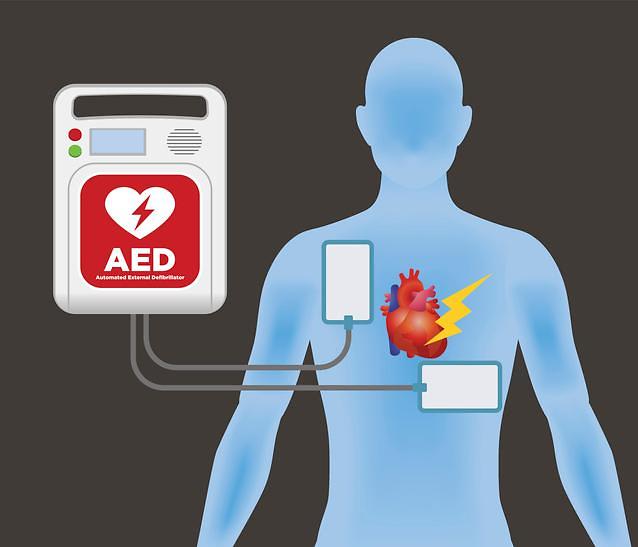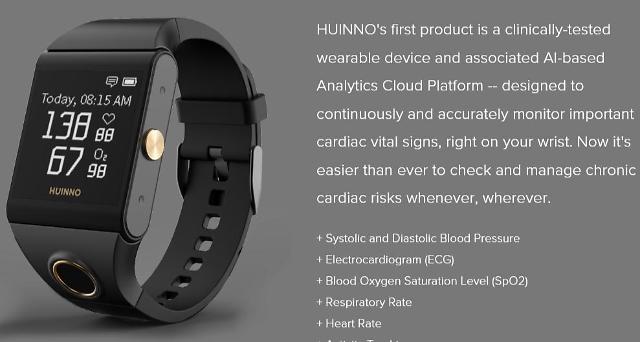
[Gettyimages Bank]
An automated external defibrillator (AED) is a portable device that automatically analyzes the life-threatening conditions of a patient and sends through a burst of electricity to re-establish an effective rhythm of the heart. According to data released by the United States National Institute of Health, 38 percent of cardiac arrest victims with bystander cardiopulmonary resuscitation by bystanders and the use of AED survived to hospital discharge. About eight percent survived when they were given CPR only.
Cardiovascular diseases are one of the most frequent causes of death in South Korea. In 2021, 303,513 patients were treated for cardiovascular diseases in Seoul with a population of about 9.7 million people. The number is steadily increasing annually as the country became one of the most rapidly aging countries in the world. According to South Korea's health ministry, the possibility of a cardiac arrest victim being given CPR by a bystander was 21 percent in 2017.
Seoul City said that the city government signed a cooperation agreement with four major convenience store franchises -- CU, GS25, 7-Eleven, and Emart24 -- to deploy AED and roll out educational courses for store workers. Convenience stores will provide spaces for the storage of AEDs and have workers manage the defibrillators so that they can be used at any time.
"We will try to increase the survivability of cardiac arrest patients by deploying AEDs to convenience stores as well as provide classes for store workers," Seoul City's citizen health management bureau head Park Yu-mi said in a statement on February 2.
Copyright ⓒ Aju Press All rights reserved.


